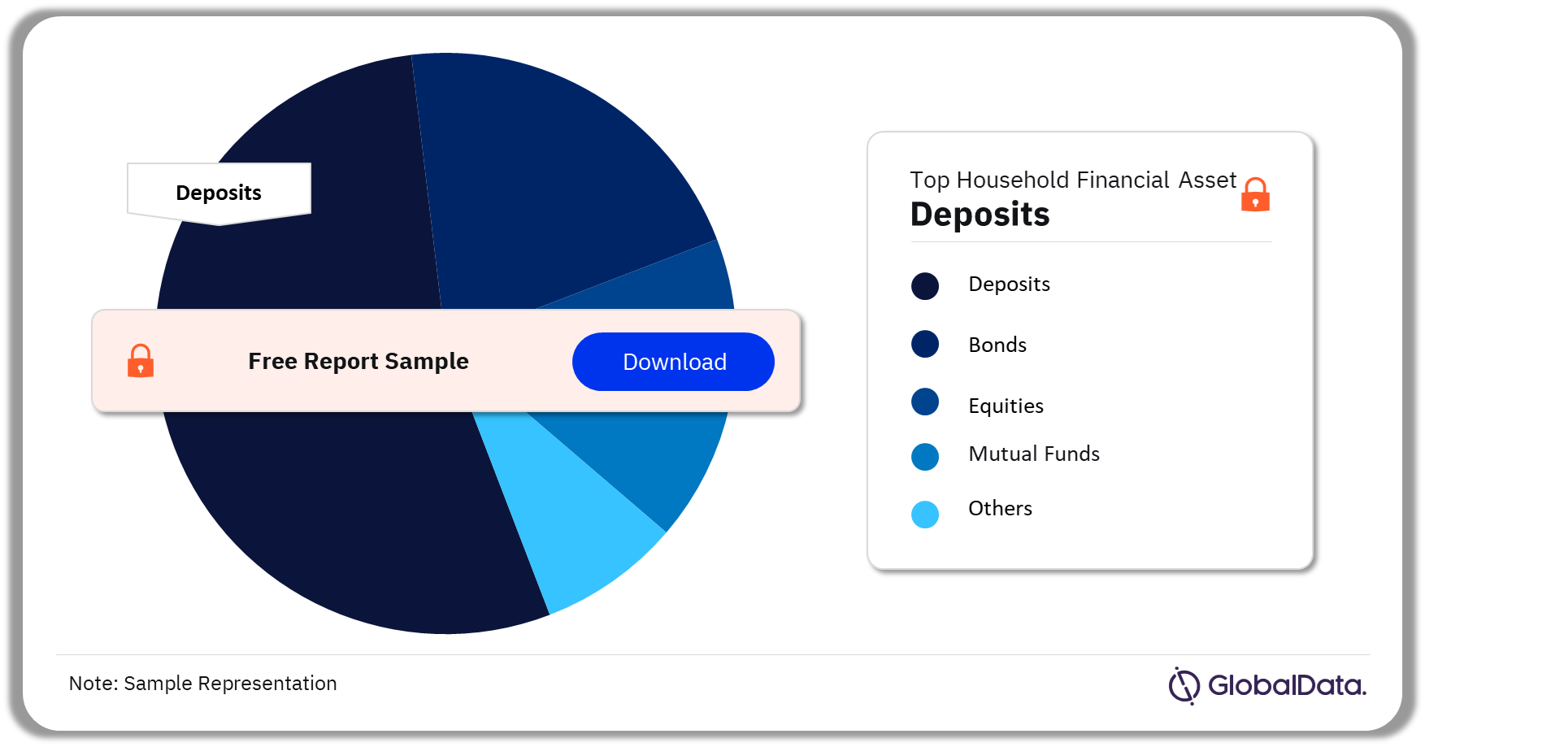HNW Asset Allocation Trends, Investment Drivers and Preferences, 2024 Update
Powered by ![]()
All the vital news, analysis, and commentary curated by our industry experts.
Reasons to buy the ‘HNW Asset Allocation Trends’ report:
- Get an overview of the key themes for investment in 2024, including inflation, interest rates, geopolitical risk, and war.
- Gain insight into the retail and HNW investment portfolios and what this means for 2024 allocations.
- Access a detailed review of the reliance on asset managers in the investment portfolio and the drivers motivating HNW investors in each asset category.
- Analyze HNW asset allocation strategies in 24 key markets and examine the drivers behind investment choices by region.
How is our ‘HNW Asset Allocation Trends’ report unique from other reports in the market?
- Learn how inflationary fears and geopolitical upheaval have affected investment behavior in the HNW space.
- Discover the latest investment trends and adjust your service proposition based on a detailed understanding of HNW investors’ investment preferences.
- Determine how to best promote investment products by learning what is driving investment choices.
- Learn how and why investment preferences will change over the next 12 months.
- Understand the effect that increased volatility can have on investor behavior and how to minimize the risk of customers changing providers.
- Give your marketing strategies the edge required and capture new clients using insights from our data on HNW investment drivers.
We recommend this valuable source of information to anyone involved in:
- Bankers/Fintech Companies/Lending Companies
- Digital Payment companies/Insurance Companies/Retail Banks
- Financial Service Technology Leaders and Startups
- Business Development and Market Intelligence
- Investment Analysts and Portfolio Managers
- Professional Services – Investment Banks, PE/VC firms
- M&A/Investment, Management Consultants, and Consulting Firms
To Get a Snapshot of the HNW Asset Allocation Trends Report
HNW Asset Allocation Market Report Overview
Geopolitical risks from wars and sluggish economies are the challenges that private wealth managers will face while determining investment strategies for their HNW clients in 2024. There is a noticeable shift in allocations anticipated for 2024, with equity and cash generally winning greater shares of the portfolio.
The HNW asset allocation market research report provides an overview of the key factors associated with investment allocation in 2024. It provides an analysis of investment drivers concerning asset class.
Additionally, the report entails key takeouts for private wealth managers and asset managers’ partners in 2024.
| Key Household Financial Assets | · Deposits
· Bonds · Equities · Mutual Funds · Others |
| Key Regions | · MEA
· Asia-Pacific · The Americas · Nordics · Europe |
| Enquire & Decide | Discover the perfect solution for your business needs. Enquire now and let us help you make an informed decision before making a purchase. |
HNW Asset Allocation Market Segmentation by Household Financial Assets
The key household financial assets in the HNW asset allocation market are deposits, bonds, equities, mutual funds, and others. The bulk of household financial assets lie in deposits, concluding that more opportunities for wealth managers are yet to come.
HNW Asset Allocation Market Analysis by Household Financial Assets, 2023 (%)
Buy the Full Report for More Household Financial Assets Insights Download a Free Sample Report
HNW Asset Allocation Market by Regional Investment Preferences
The major regions analyzed in the HNW asset allocation market, concerning regional investment preferences, are MEA, Asia-Pacific, the Americas, Nordics, and Europe. Investors in the Americas are primed for a financial market rebound, with Nordic investors similarly positioned. Additionally, America’s investors are the most reliant on asset managers to help them invest. However, the other regions will expect wealth managers to suggest specific stocks and company debt to directly invest.
Buy the Full Report for More Regional Investment Preferences, Download a Free Sample Report
HNW Asset Allocation Market - Investment Drivers by Asset Class
- The high-cash component is middling for some markets, notably Europe, as investors wait for opportunities.
- HNW investors are most reliant on asset managers in their equity allocations.
- The safety of government debt has attracted HNWs in Asia-Pacific, while diversification is the primary driver in North America.
- Property exposure has steadily been shifting towards funds/REITs over the long term, banking on their ability to achieve bargains.
Scope
• 94% of wealth managers see a significant risk of a financial market downturn over the next 12 months, making it one of the top threats to their business.
• Cash and near-cash products are expected to be the top draw for HNW investors in 2024 as caution prevails across all major markets.
• Bonds, commodities, and – for the first time in years – alternatives are all expected to lose portfolio share in 2024 as HNW investors remain committed to cash and begin rebuilding their equity holdings.
Key Highlights
- 55% of wealth managers expect HNW demand for cash and near-cash to increase over the next 12 months as investors shun risk.
- Demand in the equity space is shifting back towards capital appreciation after a punishing year for stocks and shares.
- HNW investors will remain net buyers of commodities in 2023, with expectations of further capital appreciation.
Birchal
Table of Contents
Table
Figures
Frequently asked questions
-
What are the major challenges private wealth managers will face while determining investment strategies for their HNW clients in 2024?
Geopolitical risks from wars and sluggish economies are the challenges that private wealth managers will face while determining investment strategies for their HNW clients in 2024.
-
Which are the major regions concerning investment preferences in the HNW asset allocation market?
The major regions analysed in the HNW asset allocation market concerning regional investment preferences are MEA, Asia-Pacific, the Americas, Nordics, and Europe.
-
What are the different types of household financial assets in the HNW asset allocation market?
The key household financial assets in the HNW asset allocation market are deposits, bonds, equities, mutual funds, and others.
Get in touch to find out about multi-purchase discounts
reportstore@globaldata.com
Tel +44 20 7947 2745
Every customer’s requirement is unique. With over 220,000 construction projects tracked, we can create a tailored dataset for you based on the types of projects you are looking for. Please get in touch with your specific requirements and we can send you a quote.
Related reports
View more Wealth Management reports










